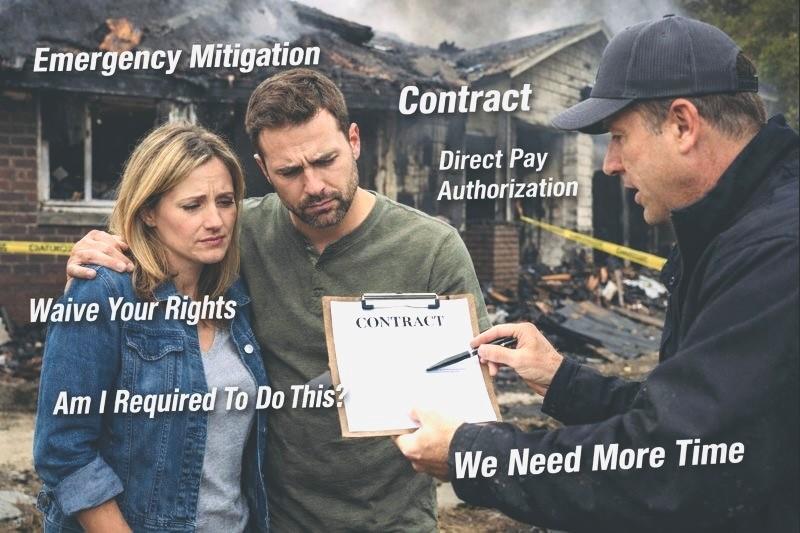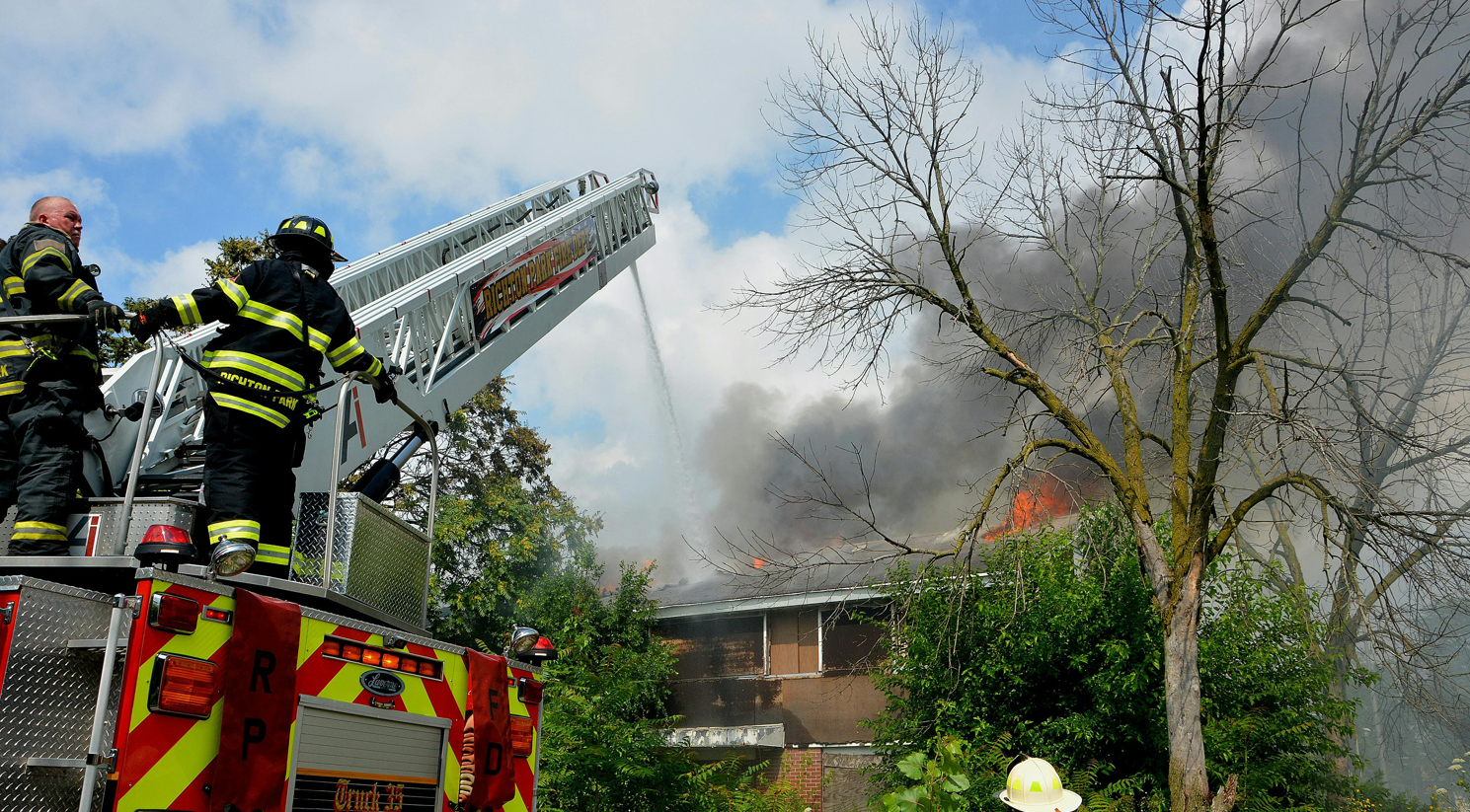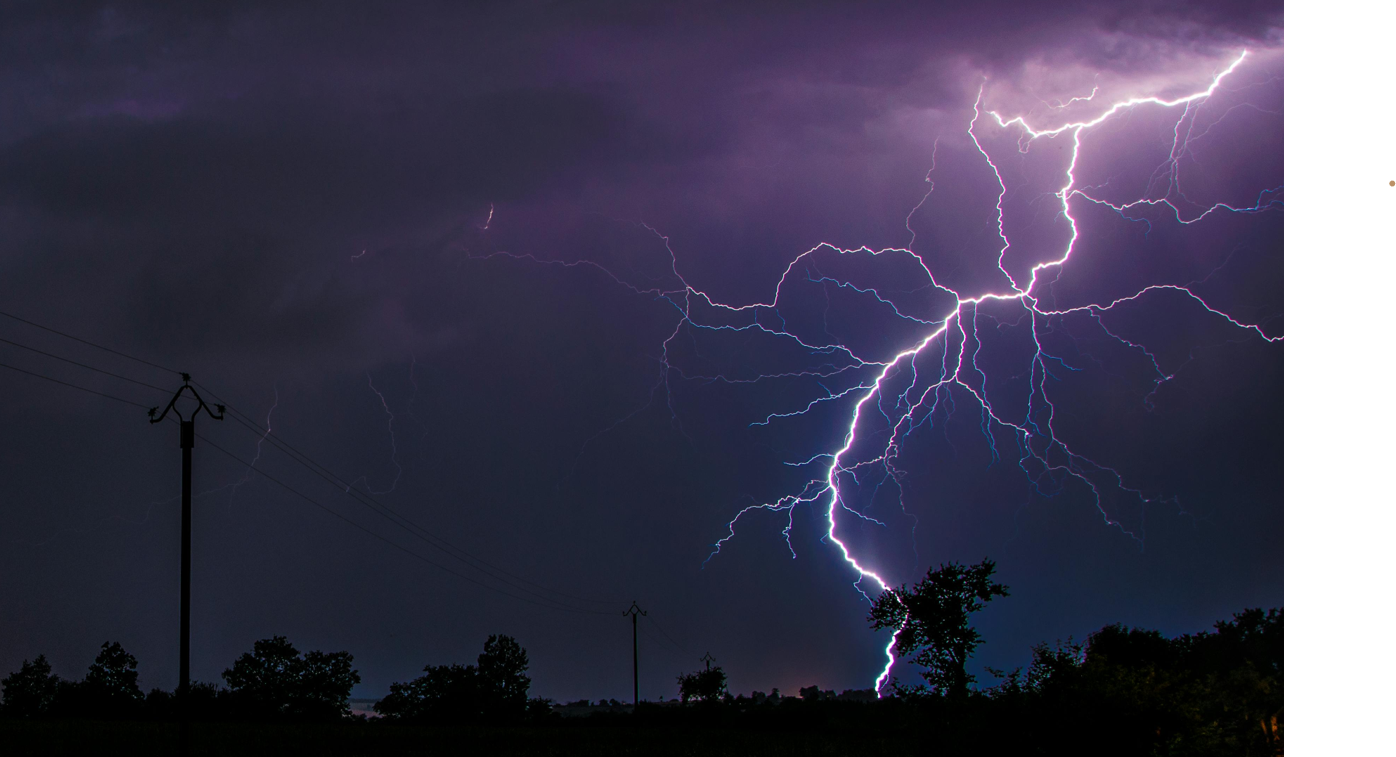Fireworks and Houses: A Dangerous Match Made in July
THE TAKEAWAYS
- Keep fireworks far away from your home and structures. Even legal fireworks can drift unpredictably and ignite roofs, mulch, or fences.
- Always supervise grills and place them at least 10 feet from any building. Many holiday fires start from unattended or improperly placed BBQs.
- Check your property the next morning for smoldering debris. Firework remnants in gutters or on roofs can continue to smolder long after the celebration ends.
- Take immediate health and safety precautions after a fire. Turn off utilities, document damage, and avoid inhaling smoke residue.
- Hire a licensed public adjuster before filing your claim. A PA ensures hidden damage isn’t overlooked and helps you secure the full compensation you’re owed.
Every year around Independence Day, the skies light up with colorful bursts of celebration, but what starts as a joyful tradition can quickly turn destructive. Fireworks, even when handled with care, are explosive by nature. They're unpredictable, hot-burning, and often set off in neighborhoods full of wood fences, dry grass, shingle roofs, and open eaves. In Texas, especially, where early July often brings dry conditions and gusty winds, it only takes a single spark to turn a firework into a house fire.
Many homeowners assume that a small, personal fireworks display in the driveway or cul-de-sac is harmless. But even consumer-grade fireworks launch erratically, and embers can drift far beyond the ignition point. It’s not uncommon for those embers to land on roofs, in gutters, or even under a deck, igniting smoldering fires that go unnoticed until it's too late.
Just how serious is the risk? Consider the national statistics:
- In 2023, fireworks caused over 32,000 fires, including 3,760 structure fires, enough to destroy homes, sheds, or garages with a few stray sparks.
- In 2024, there were 11 fireworks-related deaths and an estimated 14,700 injuries, a nearly 52% increase from the previous year.
- Roughly 9,700 people were treated in emergency rooms for fireworks-related injuries in 2023. Two-thirds of them suffered burns or trauma, often affecting children and teenagers.
These numbers aren’t just statistics; they represent families whose holidays turned into emergencies.
Keep this in mind:
- Fireworks should never be used near buildings, trees, or wood fencing.
- Never allow kids to light or handle fireworks, even sparklers. Sparklers can burn above 1,000 degrees.
- Keep a hose or fire extinguisher nearby at all times.
- Don’t assume that firework debris is safe just because it looks burnt out. Hot remnants can smolder for hours.
If your neighbors are setting off fireworks, check your roof, gutters, and yard the next morning for any lingering embers or damage.
Grills, Smokers, and Outdoor Cooking
While fireworks are often top of mind during the Fourth, they’re not the only hazard. Outdoor cooking, especially with gas or charcoal grills, remains one of the leading causes of fire-related insurance claims each summer. It’s easy to see why: between entertaining guests, managing food, and navigating unpredictable flames, accidents happen fast.
Grease build-up, faulty valves, and placing a hot grill too close to the home are some of the most common mistakes we see as public adjusters. A single gust of wind can blow flames into vinyl siding. A flare-up under a patio umbrella can ignite fabric within seconds. And coals, if not properly extinguished, can smolder unnoticed for hours after guests have gone home.
Here’s what the numbers tell us:
- Nearly 11,400 home fires involve grills, BBQs, or hibachis each year—about 5,800 of which are structure fires.
- Between 2019–2023, gas grills alone caused nearly 9,300 home fires annually.
- Each year, more than 21,600 people are treated in emergency rooms for grill-related injuries, including serious burns.
- According to FEMA, an older study estimated that 6,500 grill fires annually resulted in over $27 million in property damage.
Grilling safely isn’t complicated, but it does require a little mindfulness, especially on a busy holiday weekend.
Preventative steps are simple, but important:
- Keep grills and smokers at least 10 feet from any structure.
- Never cook under an awning, overhang, or near low-hanging branches.
- Clean your grill regularly to prevent grease fires.
- Always stay close to the heat source while cooking.
If a Fire Happens: How a Public Adjuster Can Help
Even with precautions, accidents still happen. A flare-up can ignite siding in seconds. A sparkler on a dry lawn can blow into a nearby garage. In the confusion, what begins as a small flame can evolve into thousands of dollars in property damage, from melted siding and scorched decks to attic smoke contamination and compromised framing.
When disaster strikes, your first priority is safety. If anyone is injured or if the fire has spread, call 911 immediately and follow emergency operator instructions. Do not try to fight a large fire yourself. Once the fire is extinguished and the property is secure, take the following steps to protect your health, safety, and insurance recovery:
- Check for structural hazards: Avoid walking on charred decks, entering damaged attics, or opening scorched doors. Structural stability may be compromised.
- Turn off utilities if safe: Gas, water, and electricity should be shut off if there's any chance they were involved in the fire. If unsure, wait for professionals.
- Limit exposure to smoke and soot: Wear a mask or respirator if you reenter the home. Smoke residue can contain harmful chemicals and irritants.
- Take photos and videos: Document the damage as soon as it is safe to do so. Start with wide shots of the scene, then focus on specific items and damage areas.
- Do not throw anything away: Keep all damaged items, no matter how ruined. These may be important to your insurance claim.
After taking those initial health and safety steps, your next call should be to a licensed public adjuster, ideally before you even contact your insurance company. Here's why:
- Insurance companies will assess the damage from their bottom-line perspective. You need an advocate to evaluate the loss from your side.
- Hidden damage, like smoke behind walls, warped framing, or foundation heat stress, requires trained eyes and proper documentation.
- A public adjuster will help you build a thorough and defensible claim that reflects the true cost of your loss.
- We understand the nuances of policy language and can challenge exclusions related to fireworks or outdoor cooking.
We’ve seen too many homeowners rush to file, accept a quick payout, or attempt to self-manage a claim, only to discover weeks later that the settlement didn’t come close to covering the actual damage. A public adjuster ensures that doesn’t happen to you.
The Fourth of July should be about celebration, not stress, fire trucks, or insurance headaches. Take the right safety precautions this weekend. Talk with your kids, keep an eye on your grill, and be a good neighbor. And if a fire does break out, don’t panic. We’re here to guide you through the next steps, help you understand your policy, and fight for the recovery you deserve.
From all of us at True View Commercial, stay safe and have a great Independence Day weekend.



